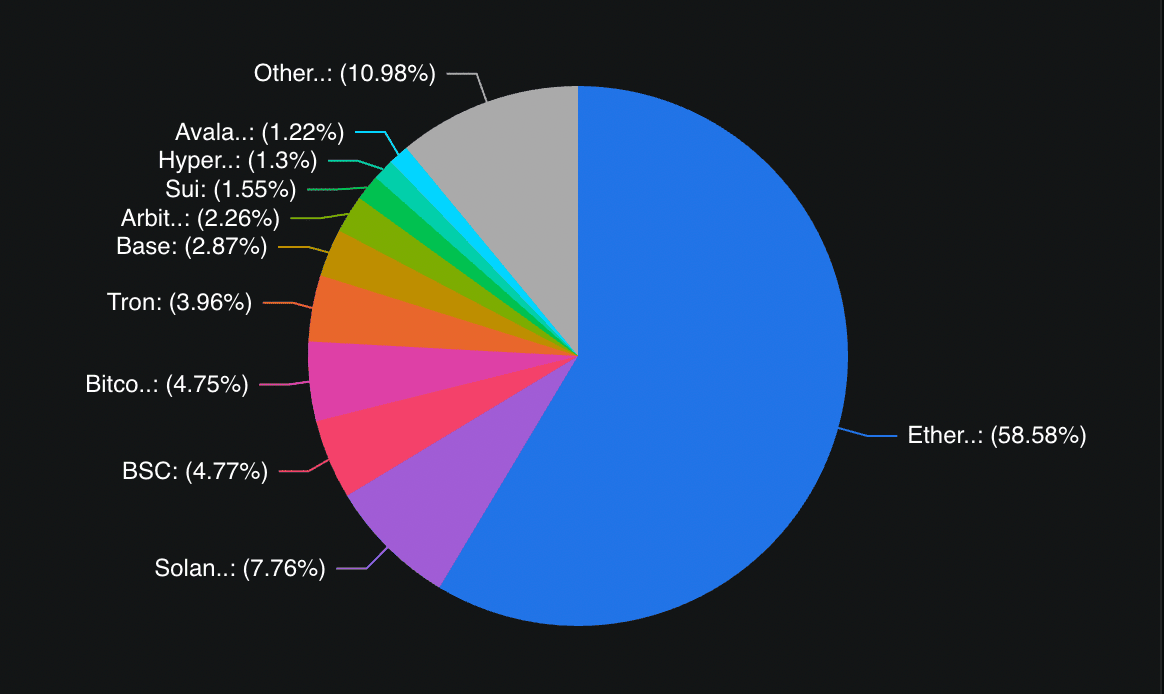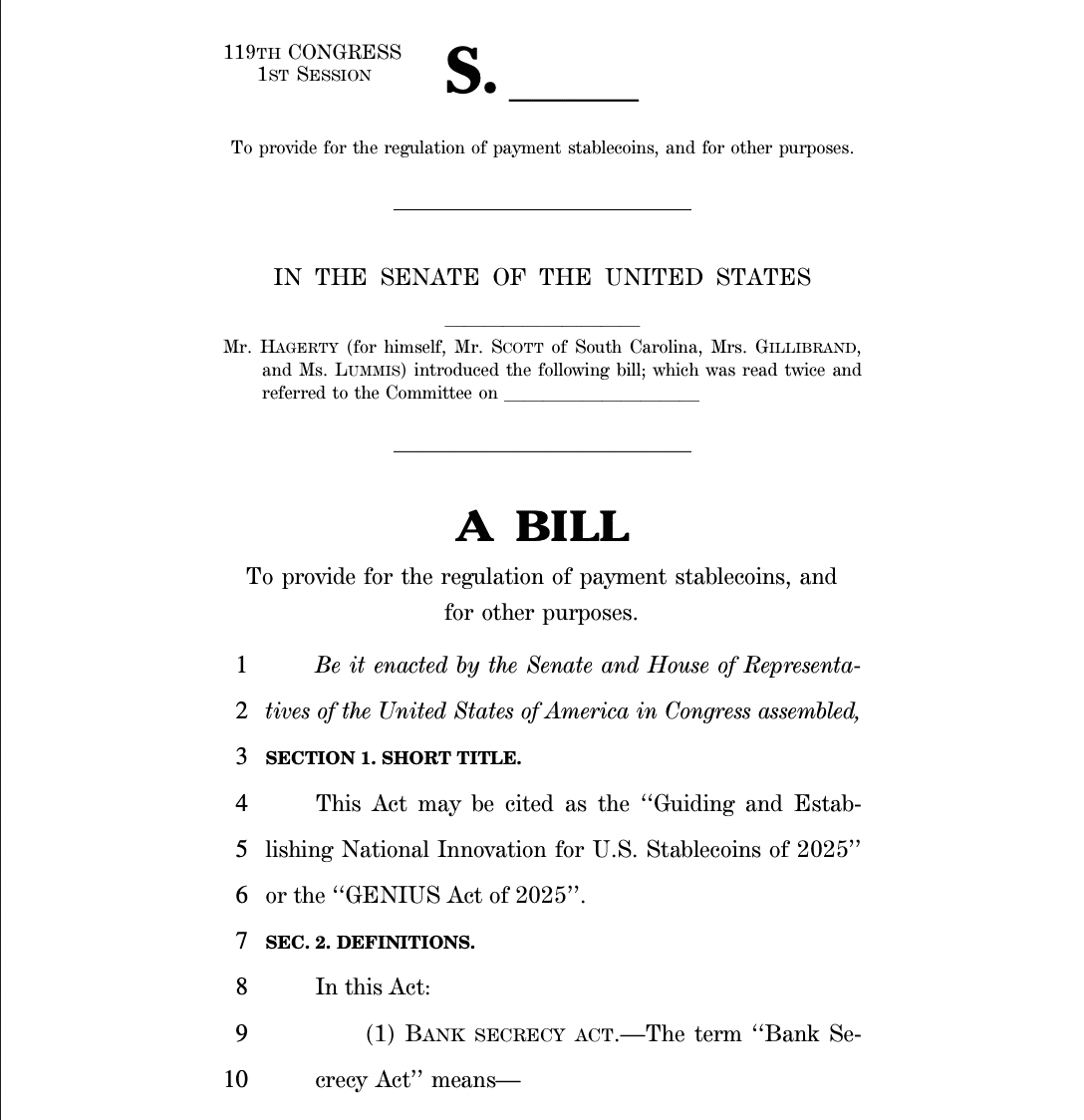The new U.S. stablecoin law may create greater demand for Ether and decentralized finance applications, primarily based on the Ethereum network, according to analysts.
The GENIUS bill, signed into law by U.S. President Donald Trump on Friday, bans profitable stablecoins, cutting off profit-making opportunities for organizations and retail traders. These types of stablecoins generate interest or profits for holders through profit-making mechanisms such as staking or lending.
According to cryptocurrency analyst Nic Puckrin, the removal of yield on stablecoins 'is great news for Ethereum-based DeFi as the primary alternative for generating passive income.'
Profits can be used to generate passive income but can also mitigate the impact of fiat currency inflation.
'The USD is a depreciating asset with no yield,' said CoinFund President Christopher Perkins to Cointelegraph. 'DeFi is where you can generate profits to preserve value. So, I think the summer of stablecoins will turn into the summer of DeFi.'

Attractive yield opportunities for retail participants but critical for financial institutions that are accountable to shareholders and must generate cash flow or earn profits from capital assets to meet their fiduciary obligations to investors.
This necessity could have a significant impact on decentralized finance and could attract additional institutional capital into the cryptocurrency space, as these financial institutions pursue on-chain profits.
Permanent Interest Groups Fighting Against Profitable Stablecoins Backed by Fiat Money
Speaking at the DC Blockchain Summit in March, U.S. Senator Kirsten Gillibrand stated that profitable stablecoins could 'destroy the traditional banking industry.'
The senator argued that private stablecoin issuers transferring interest rate opportunities to customers would weaken the lending market and reduce demand for traditional banking services.

Gillibrand asked, 'If there’s no reason to deposit money in your local bank, who will lend you a mortgage?'
Professor Austin Campbell of New York University rebutted the banking sector in a post in May, arguing that traditional banks are threatened by profitable stablecoins, as they have the potential to erode bank profits. Campbell added that lawmakers supporting the fight against profitable tokens are engaging in 'cartel protection.'
According to Tether co-founder Reeve Collins, increasing competition from these profit-earning fiat tokens will ultimately completely replace traditional stablecoins.
Collins told Cointelegraph, 'If you believe that both fiat money and synthetic money are stable, then you will always be attracted to the currency that offers you a higher yield.'
